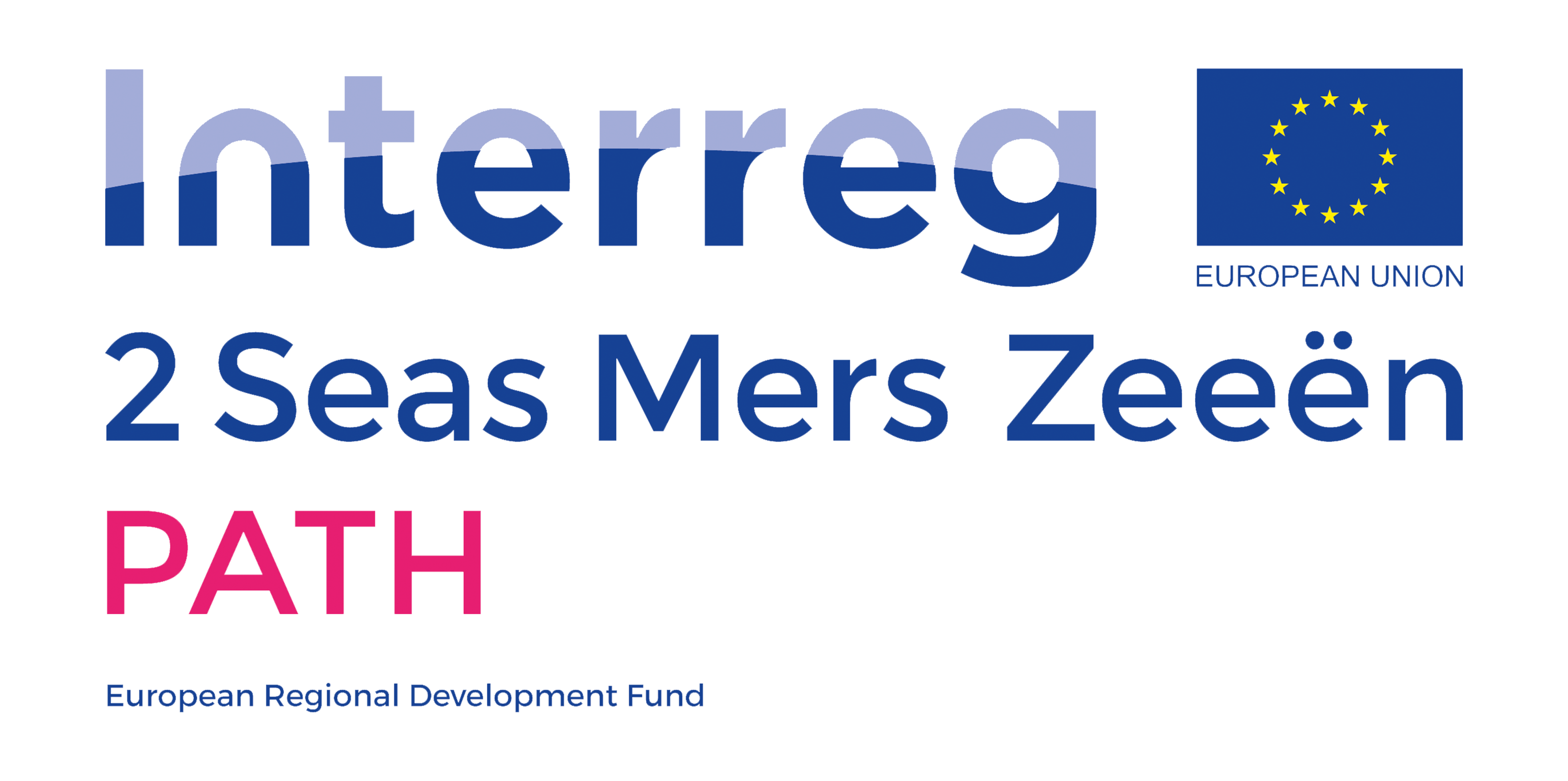
Be mindful that it’s not just distressing thoughts you might experience, it can also be overwhelming feelings that harm is going to come to you or your baby, that can lead to out of hand and unwanted behaviours, trying to protect them.
It could be that you finally have a very much wanted baby that you love dearly, but feel like the world has ended and you can’t stop crying and feeling sad and just don’t know why.
This can result in parents being alone in what they are going through and not receiving the help and treatment they need and deserve.
While the relationship between mother and child is particularly important, the mental health of fathers and other caregivers should also be considered.
So, lets break the stigma around perinatal mental health. Talk about it with your family and friends, talk about what if this happens to you and what you want to happen, which professionals you would want to reach out to, because they are there ready to listen and help you recover.
They do not judge you; they want you to come forward and want to help you. The more we speak about our mental health the more we will realise we are not alone and have nothing to be ashamed about.
When you start to talk about it and look around you will realise you are not alone. Visit the Maternal Mental Health Alliance website for some real stories, which is just one of many more websites.
